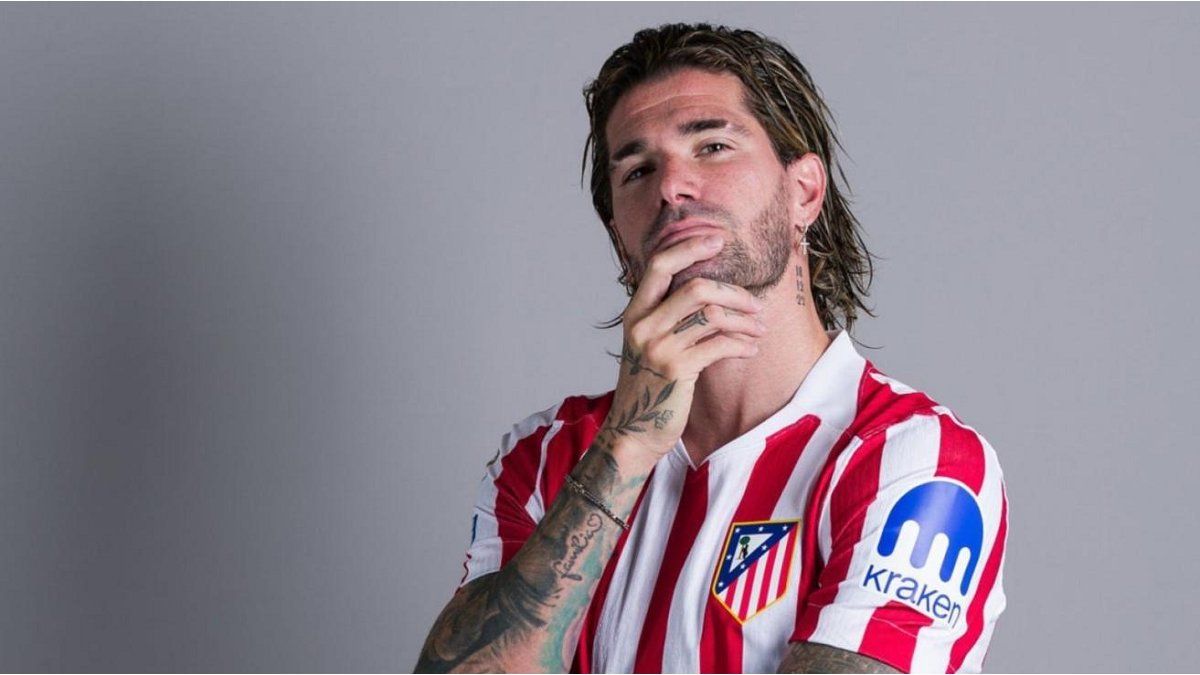Sergio Olguin: Very well. I think it’s good to take a few years off from her, but I always feel the need to return to her character. After “There are no happy loves”, the third novel, I needed a few years to resume her story and those of her surroundings. Now, after the fourth, “The best enemy”, I feel like continuing her story.
Q.: Why is the new thing in bookstores the second in the saga, “The foreigners”?
SW: For several reasons. The publisher is reissuing all of Veronica’s novels that were out of print or in another publisher. The first, “The fragility of bodies”, came out in 2012, and in these ten years it has conquered a group of fans, and in recent years they have been coming out in England, where it also has a good audience. Add to that the fact that “The Foreigners” was acquired by Warner-HBO Max for a film, I’m just doing a first version of the script.
Q.: Why was the Anglo-Saxon world interested in the story of the Jewish girl from Recoleta who is dedicated to investigative journalism?
SW: The black police has as one of its attractions what can be strange as a place. In the same way that when we read a Nordic police, for the English public the South American, Argentine police is attractive. Several Argentine writers have been published in the United Kingdom, especially crime novels.
Q.: You are described as a Porteño Nordic author.
SW: I don’t think it’s that, nordic climates are very difficult to adapt to our narrative. I like the Nordic police, where the characters are built in a very three-dimensional way that makes one enter their life. It is not the mystery of a death, it is the construction of a social, community universe, which I like to do in my novels. The Nordic came to break certain macho structures of the American police, of the violent male investigator, seducer of women. That has been reworked into Norse.
Q.: In “The best enemy” Veronica’s youthful past appears.
SW: For a long time he wanted to tell his preadolescence, the relationship with his grandfather, leader of Atlanta in the 60s, of that Jew who went from Poland to Palestine and who leaves there just when the State of Israel is armed and comes to Argentina . She is Verónica in Villa Crespo in the 90s, her friends from her neighborhood, from what she now has her street, from her grandfather who takes her to the court.
Q.: Did a crime in journalism bring reality into the new novel?
SW: The reality in the police is one more element. One works with the real world. I try that the journalistic agenda does not copy the story, I do not want to work based on what happens at a certain moment. But reality creeps in. It happens with the Palestinian issue, with that of journalism, in reality with the manipulation that journalistic companies can do based on speculations that have nothing to do with the job but with economic interests. A subject that could be ten years ago or thirty. In a thriller reality is filtering. What matters to me is that the resolution of the story does not respond to the reality of the moment. The one about abortion, which was on the journalistic agenda when I was writing, caused me many conflicts because I didn’t want my position in favor of legalization to influence the novel. I always try to keep the balance that is established from the tension between reality and fiction to the limit and not do journalism when I am writing a novel.
Q.: Veronica has been changing novel by novel.
SW: From the beginning I decided that he would evolve, he starts at 28 years old and in the fourth novel he is already 35, and everything that happens to him from one novel to another influences his behavior, his evolution as a person. Although one is always more or less the same, there are things that change us due to suffering or happiness. Verónica has been transforming and will continue to transform, and also her environment, her loves, her friendships, her relationship with journalism.
Q.: What will the next one be about?’
SW: The fifth of the ten that I set out to write will deal with Arón Rosenthal, Verónica’s father, with the father-daughter relationship at the end of “The Best Enemy”, issues that make Verónica take an interest in her father’s life, and with her sisters.
Source: Ambito
David William is a talented author who has made a name for himself in the world of writing. He is a professional author who writes on a wide range of topics, from general interest to opinion news. David is currently working as a writer at 24 hours worlds where he brings his unique perspective and in-depth research to his articles, making them both informative and engaging.




